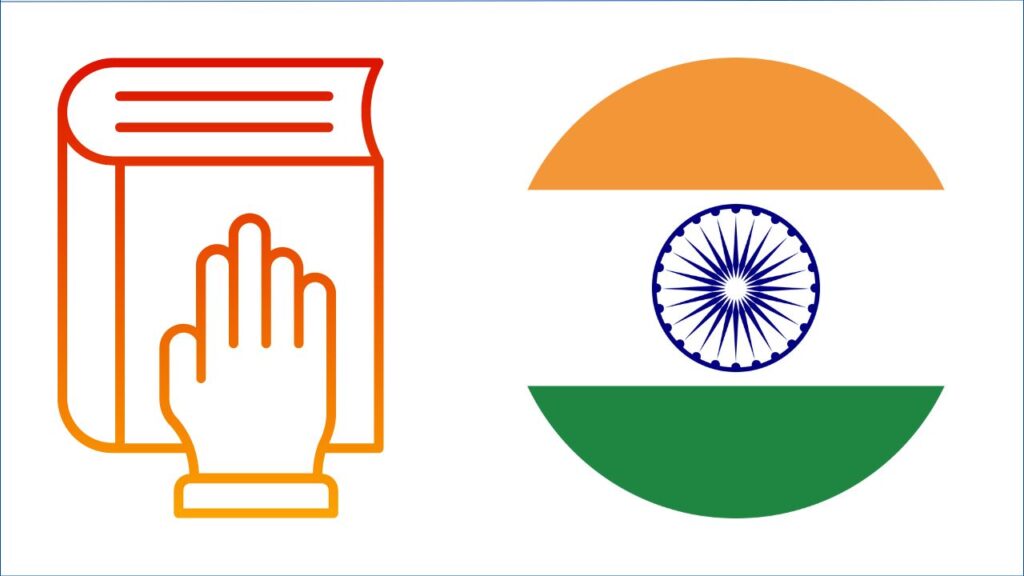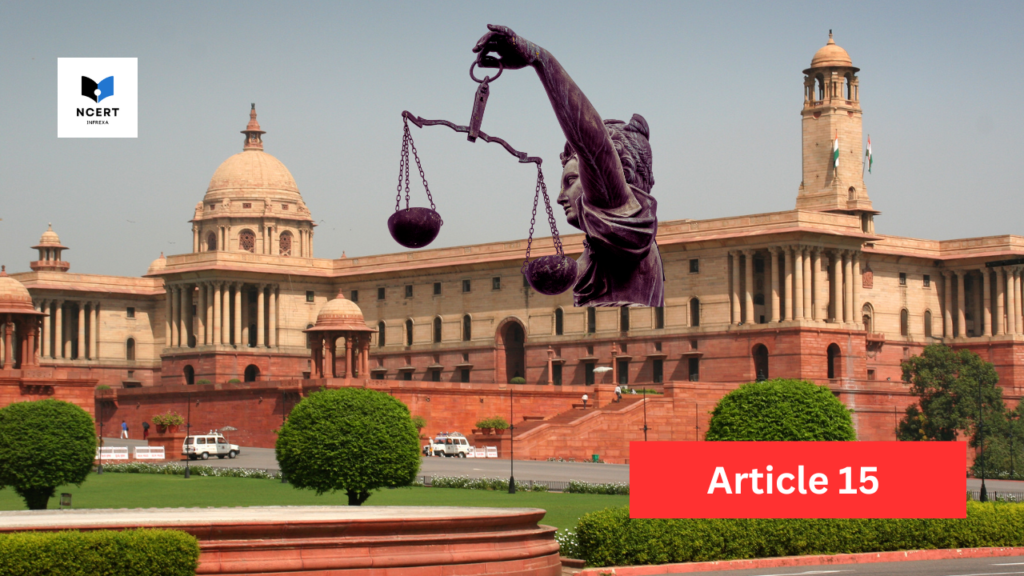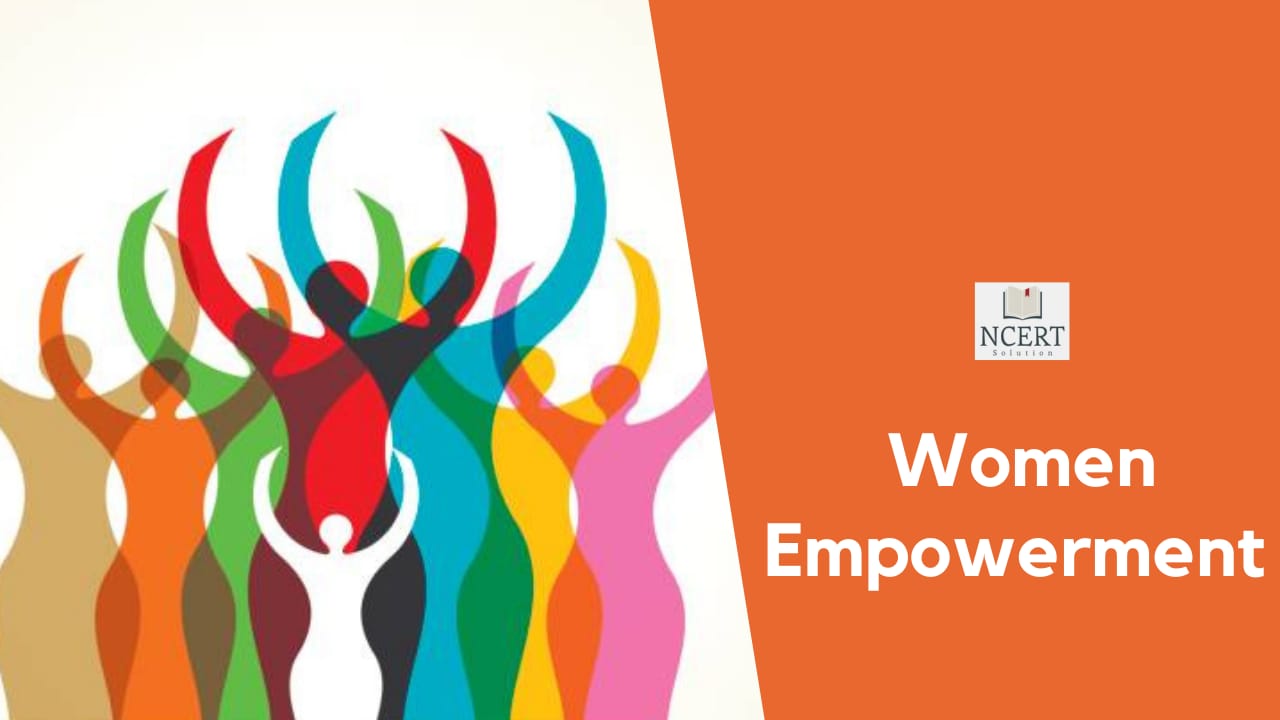The Preamble was included in the Indian Constitution on November 26, 1949, during its adoption. It was amended once in 1976, adding the terms “socialist” and “secular” to reflect India’s core principles.
Contents of Preamble
WE, THE PEOPLE OF INDIA, having solemnly resolved to constitute India into a SOVEREIGN SOCIALIST SECULAR DEMOCRATIC REPUBLIC and to secure to all its citizens:
JUSTICE, social, economic and political;
LIBERTY of thought, expression, belief, faith and worship;
EQUALITY of status and of opportunity; and to promote among them all
FRATERNITY assuring the dignity of the individual and the unity and integrity of the Nation;
IN OUR CONSTITUENT ASSEMBLY this twenty-sixth day of November 1949, do HEREBY ADOPT, ENACT AND GIVE TO OURSELVES THIS CONSTITUTION.
Key Words and Phrases
- Sovereign: India is an independent nation, not subject to the control of any other country. Its people hold the ultimate power to govern themselves.
- Socialist: India strives to reduce socioeconomic inequalities, ensuring a just distribution of resources and opportunities for all its citizens.
- Secular: India respects all religions equally. The state does not discriminate based on religion, ensuring freedom of belief and worship for all individuals.
- Democratic: India’s government is elected by the people. Citizen participation is the cornerstone of the political system.
- Republic: The head of state is an elected president rather than a hereditary monarch, symbolizing power resting with the people.
- Justice: The constitution aims for social, economic, and political justice for all citizens, ensuring everyone has equal opportunities regardless of background.
- Liberty: Individuals have freedom of thought, expression, belief, faith, and worship, vital for a vibrant and diverse society.
- Equality: All citizens are equal before the law, and the state strives to eliminate discrimination based on caste, religion, gender, or place of birth.
- Fraternity: The constitution promotes a sense of kinship and unity among the diverse people of India, transcending social divisions.
Historical Context
The Preamble reflects the struggles and dreams of the Indian independence movement. It embodies the vision of a nation free from colonial rule, where all citizens enjoy equal rights and opportunities.
The framers of the constitution drew inspiration from global democratic ideals, adapting them to India’s unique social and cultural context.
Significance
- The Soul of the Constitution: The Preamble encapsulates the fundamental values and goals upon which the entire Indian Constitution is built.
- Guiding Light: It aids in the interpretation of laws and acts as a framework for judicial decisions.
- Commitment to Citizens: It represents a solemn promise to the people of India, enshrining their rights and aspirations.
Controversies and Debates
While the Preamble is widely respected, there have been debates about its interpretation and implementation:
- Secularism: The meaning of secularism in India has been contested, with some arguing for strict separation of religion and state, while others advocate for all religions.
- Social Justice: Affirmative action programs and debates over caste-based reservations exemplify ongoing efforts to achieve the Preamble’s promise of social and economic justice.
- Balancing Rights: Sometimes, individual freedoms might seem in tension with the goal of fraternity or public order, leading to legal and social debates on the limits of these rights.
Conclusion
The Preamble of the Indian Constitution is a powerful declaration of national values. While fulfilling its ideals is an ongoing process, it continues to inspire citizens and guide the nation toward a more just and equitable society.



